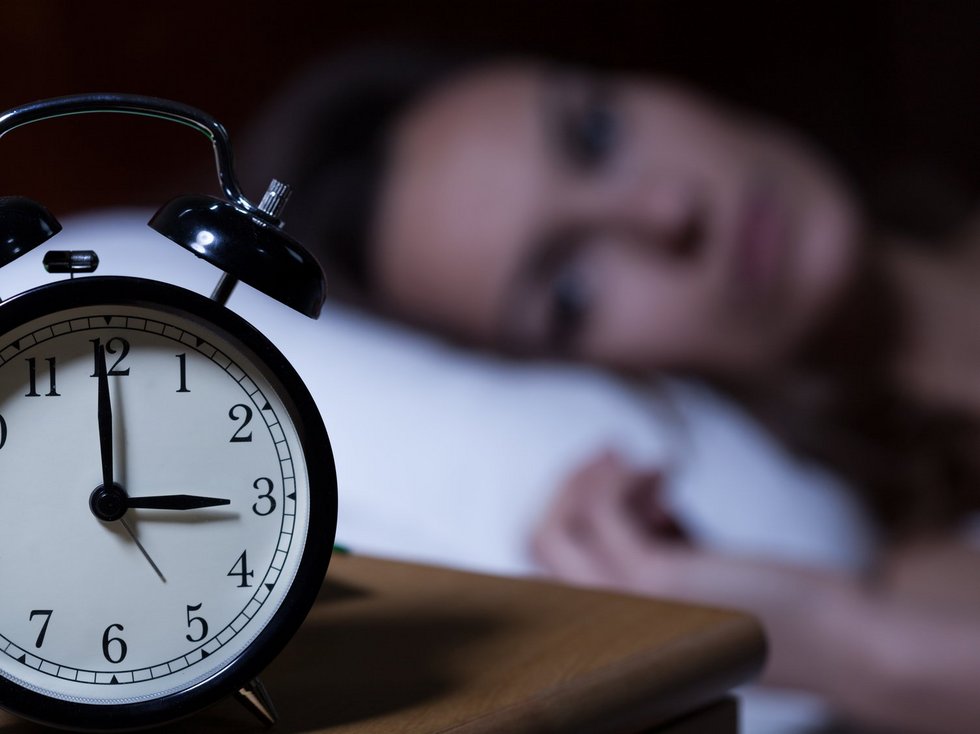RACGP calls for stronger links between after-hours providers and in-house general practices to improve continuity of care
The RACGP has called for stronger links between after-hours service providers and in-house general practices as one means of more effectively using Medicare funding.
In its formal submission to the government’s review of urgent after-hours home visit services, the College said it “welcomed the intent” of the MBS Review Taskforce’s preliminary report into urgent after-hours care, but warned several of the recommendations would have “unintended consequences”.
The taskforce’s report, released last month, said the soaring growth in urgent claims for after-hours home visits did not reflect clinical need.
The taskforce recommended that the use of the four urgent item numbers (597, 598, 599, 600) should be restricted to GPs in regular daytime practice who are called out for an urgent patient assessment.
The College, in its submission, said that recommendation did not “take account of common situations where a qualified GP employed by an after-hours service might assess a patient referred by the patient’s regular GP”.
“While the intent of this recommendation is to promote continuity of care for patients, a large proportion of after-hours care is currently being, and should rightly continue to be, provided by Medical Deputising Services and after-hours home visiting services who have a formal relationship with the patient’s usual GP or practice,” RACGP President Dr Bastian Seidel said in a statement.
Another taskforce recommendation was that businesses that mainly provided medical services after-hours, including Medical Deputising Services, should not be able to claim the high-priced urgent after-hours Medicare rebates.
“However, many general practices have a formal contract with a Medical Deputising Service to provide coverage for the practice’s patients after hours. Continuity of care, communication and safety are supported through these arrangements,” Dr Seidel said.
As an alternative way of supporting continuity of care for patients, the RACGP suggested providers of urgent after-hours services should be required to:
- Enter into formal agreements with local general practices in the areas where they intend to provide services;
- Provide a summary detailing the clinical management of the patient to the patient’s regular GP as soon as possible.
The RACGP also recommended that a patient’s eligibility for urgent after-hours services be linked to their usual GP or practice. This would mean:
- After-hours service providers could only access urgent after-hours item numbers when a patient is referred by their usual GP or practice;
- The after-hours service provider would need a formal agreement with the GP or practice; and
- The service would need to be provided by a qualified GP, or a doctor in a recognised general practice fellowship pathway.
“These moves would help guarantee patients continued to have access to premium, high-quality, urgent after-hours services. The moves would also ensure continuity of care through urgent after-hours GP led services,” Dr Seidel said.
“Stronger links between after-hours services and in-house general practices would help stop the fragmentation of patient care and ensure the effective use of the funding available for Medicare rebates.”
The College’s recommendations follows a submission last week by the AMA which also warned that the proposed crackdown on urgent MBS items could backfire on “genuine” GP deputising services and imperil critical after-hours patient care.
The AMA said there should be a place for a “collaborative” model, including services that operated exclusively after hours, to complement the care provided by a patient’s regular GP or through their regular general practice.
In their current form, the recommendations “will potentially undermine the viability of genuine medical deputising services and significantly impact on access to care for patients”, the AMA said.


